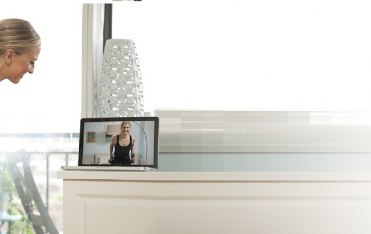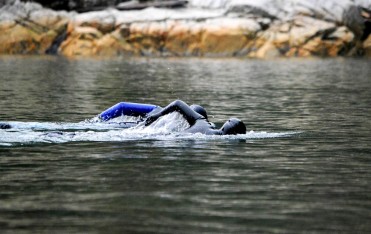“The factor that probably boosted Paula Radcliffe’s performance more than any other is her ability to regenerate. Her regular massages were to give extra maintenance to the whole body. Above all it’s to give Paula’s muscles and tendons the best chance to recover from the heavy workloads she puts them through” The training secrets of Paula Radcliffe article written by Orlando Pizzolato in TN40 July 2003.
During marathon preparation you will be clocking up serious miles, with weekly mileage typically more than you run on the day. Most training programmes see you running five days per week and totalling 25-50 miles. For more novice runners it will likely be the longest period you have run so frequently and regularly and this can take its toll even if you are at peak fitness in another discipline.
Sports massage during this period will help the body recover efficiently. Research in the Journal of Athletic Training noted a 30 per cent reduction in post-exercise muscle soreness with massage. It’s not just your legs that suffer, during longer runs the hips and lower back are working hard to stabilise the pelvis, and the shoulders can tense, both from the effort of maintaining good form and equally from poor technique – importantly, tension in the upper body will reduce breathing efficiency – key to any endurance event.
Sports Massage should be treated as part of your training programme – in the same way as your strength work, stretching routine and your nutritional adaptations. Frequent massage will help to keep the tissues of the legs stretched and ensure they’re receiving sufficient blood flow and enable more rapid recovery (The Clinical Journal of Sport Medicine). The lymphatic system relies on movement (active or passive) to function and is inhibited when muscles are tight. The motions used during massage will relax that tension and encourage flow of blood and lymphatic fluid, drawing in fresh, oxygenated blood and nutrients to expel waste products allowing muscle repair and recovery. Given training regimes often only allow two days rest, its vital this happens as efficiently as possible, so you are recovered as best as possible for your next run.
Sports Massage can also detect and effectively deal with any potential injuries that may be brewing – hip and knee pain, iliotibial band syndrome, stress fractures, muscles tears and other soft tissue issues such as Achilles tendonitis. Regular massage will help break down pre-existing as well as new scar tissue, increasing joint flexibility, allowing you to move with freedom and maintain optimal running gait. A study, published in Medicine & Science in Sports & Exercise, in a protocol of three massages a week for 10 weeks on one leg of study subjects and no treatment on the other leg, found that massaged legs gained four degrees of flexibility and 13 per cent strength.
From a mental perspective, feedback from the massage therapist can give you peace of mind as you realise that the aches and pains are quite normal when marathon training. Massage also promotes the release of endorphins, which will act as natural painkillers, and reduce some of the muscle soreness and also helping to keep you calm.
All of the above makes for a (more) pain-free enjoyable race day, with enhanced performance and reduced risk of injury.
Sports Massage a few days after the marathon is also important. The British Journal of Sports Medicine cited decreased fatigue as a result of sports massage. And again, accumulated waste products e.g. lactic acid, need to be removed from the muscles of in order to recover effectively for future activity and prevent injury.
Fit2you delivers sports massage therapy, personal training, exercise rehabilitation and Pilates from your home, work place as well as from beaches and parks in Poole and Bournemouth.



